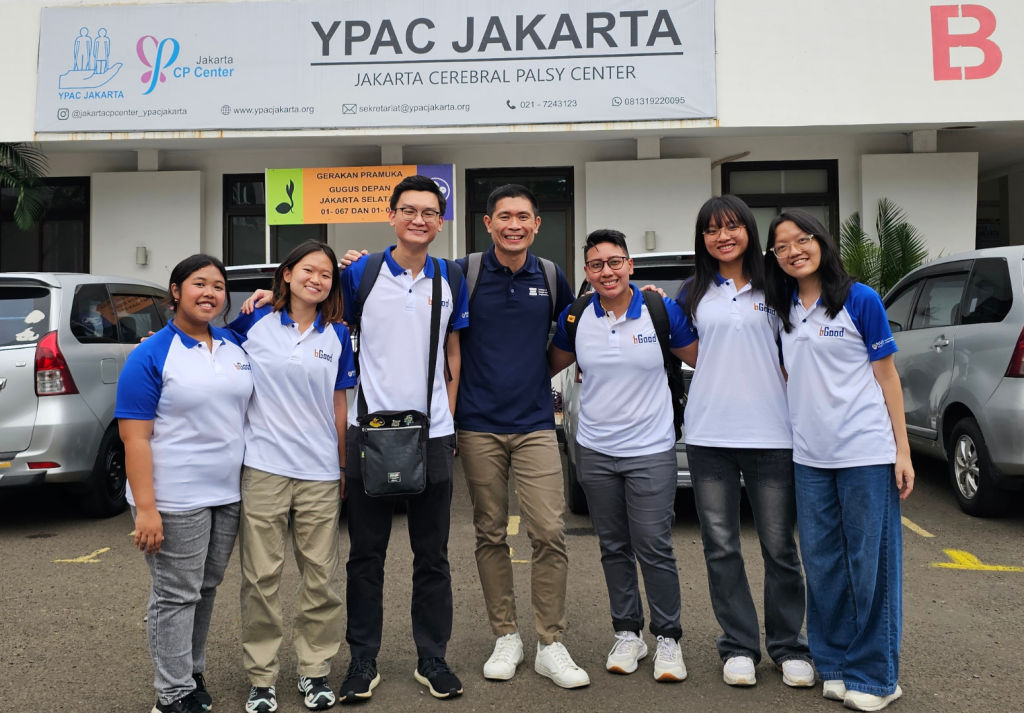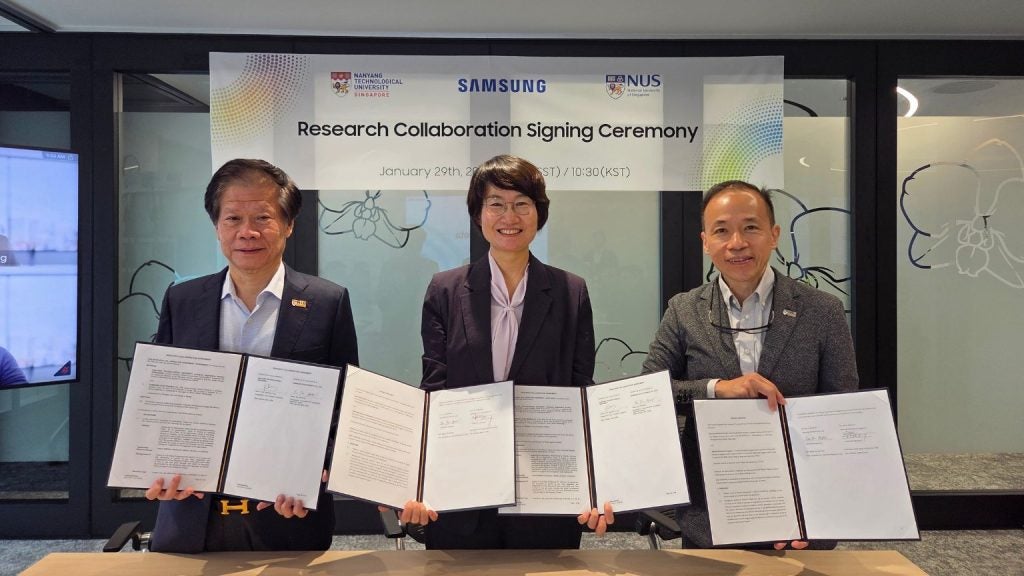
Researchers from the College of Design and Engineering, NUS Department of Biomedical Engineering have reported promising results from using an artificial intelligence (AI) tool that identifies and allows clinicians to make optimal and personalised doses of chemotherapy for patients.
The tool, CURATE.AI, has been developed in collaboration with clinicians from the National University Cancer Institute, Singapore (NCIS) which is part of the National University Health System (NUHS).
Based on a pilot clinical trial - called PRECISE.CURATE - clinicians accepted close to 97% of doses recommended by CURATE.AI, with some patients receiving optimal doses that were approximately 20% lower on average.
The trial involved 10 patients in Singapore who were diagnosed with advanced solid tumours and predominantly metastatic colorectal cancers.
As a prospective and interventional study that harnesses an AI-based approach for human treatment, the results of the pilot trial were presented at the 2022 American Society of Clinical Oncology (ASCO) Annual Meeting, held recently in Chicago.
Step forward
The team says these early outcomes are a promising step forward for the potential of truly personalising oncology, where drug doses can be adjusted dynamically during treatment.
Developed by Professor Dean Ho, head of the Department of Biomedical Engineering, and his team, CURATE.AI is an optimisation platform that harnesses a patient's clinical data to generate an individualised digital profile which is then used to customise optimal doses during the course of chemotherapy treatment.
"On a global scale, having a clinical trial of a technology from a Biomedical Engineering department accepted for presentation at the ASCO Annual Meeting is exceedingly rare," said Prof Ho.
"This demonstrates the real-world and patient impact that is being realised through innovation that spans engineering, medicine and a number of other disciplines needed to drive practice-changing medicine."
Following this initial progress towards incorporating CURATE.AI into clinical workflows of dose selection in the solid tumour treatment, the research team will advance towards a larger, randomised trial to further validate the performance of the optimisation platform.
For more, see the full press release on NUS News





